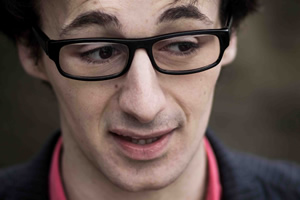Ask The Industry Podcast: Wise Words
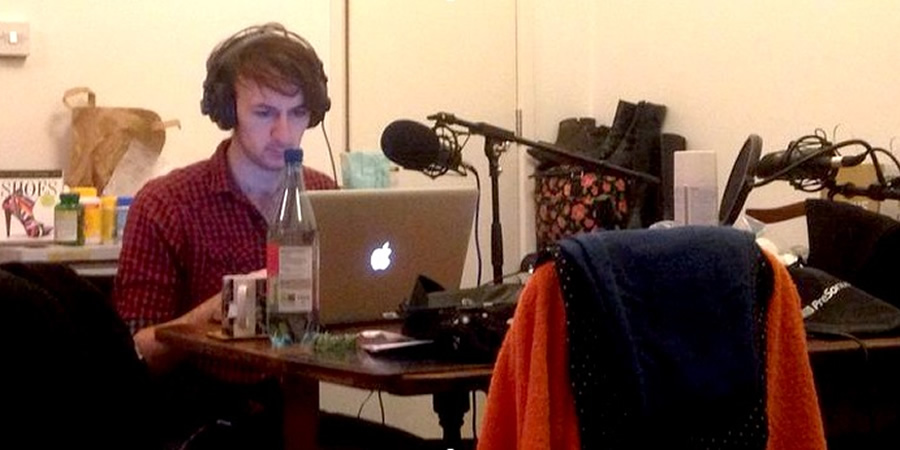
I love podcasts. Ever since I discovered Richard Herring's vast and extensive offering I've been into and fascinated by the medium. There's a lot of pods where comedians interview comedians, which is great if you're into that sort of thing. But unless there's a really specific angle like RHLSTP or Stuart Goldsmith's ComComPod I find a lot of them very "samey". Plus, I'm a comedian. If I want to talk to someone I'll wait until we inevitably gig together or just send them a message.
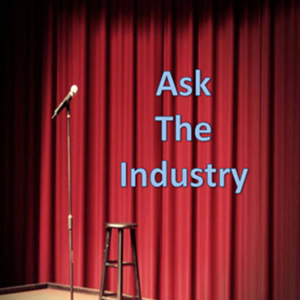
What gets me excited is talking to people who don't give interviews ever, and finding out what's going on in their minds.
If you've ever wanted to be sat at a table next to someone famous, or an industry expert at a pub in Edinburgh over hearing what they've talking about, this podcast is for you.
I ask the awkward questions so you don't have to. But I share the answers so we can all learn. I've asked TV commissioners what they're looking for. I've asked PRs what they actually do (and why they charge "loads" for a show at Edinburgh). I've ask pro comedians what they earn and how many gigs (both corporate and circuit ones) they need to do to make a living, and more!
If you think this podcast would be of interest to you, feel free to give one of our 50 episodes a download via iTunes, my website or Stitcher. You can also join the podcast group on Facebook to ask questions to future guests and take part in the follow up discussions.
But, for now, I've picked out some of my favourite quotes, learnings or just great nuggets of information and put them below for you to sample the kind of content I am making...
Comedy Promoters
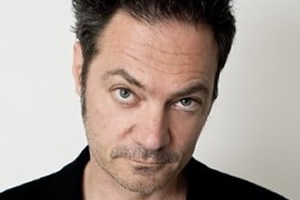
EP 48 - David Mulholland (Soho Comedy Club)
David Mulholland is the Big Cheese at The Soho Comedy Club.
"I am still charging the same price I did when I started the club 10 years ago. With inflation that's quite a bit less. A pint's worth more than £5 now."
"Flyering in London is becoming less effective. And it's because of smartphones. It still works. It's not so much the flyer, but the person flyering."
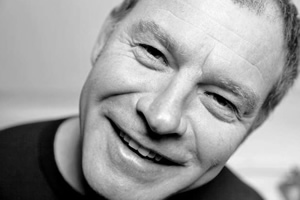
EP 31 - Darrell Martin (Just The Tonic)
Darrell Martin is the owner and founder of the Just The Tonic Comedy Club Chain.
"If someone's got a car they're more likely to get a gig. But if they're not someone I want to book, regardless of having a car or not, I won't book them. And I can't believe there's adults whose job can take them all round the country who don't have a car or don't know how to drive."
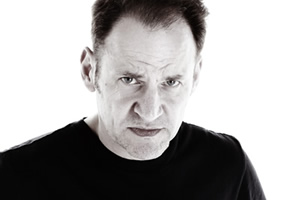
EP 11 - Geoff Whiting (Mirth Control)
Geoff Whiting is the founder and owner of Mirth Control Comedy Clubs and Management.
"No comic gets a gig from every booker. Except maybe the top 1%. The acts aren't happy about it and so generate some sort of criticism of that promoter. And if you get 4 or 5 people saying something that's enough to generate an urban myth."
Edinburgh Fringe
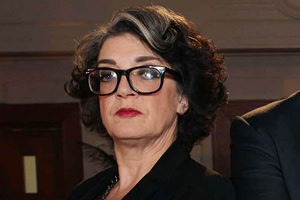
EP 14 - Kate Copstick (Reviewer)
Kate Copstick is the head comedy reviewer for the Scotsman Newspaper at the Edinburgh Fringe.
"It makes me so angry when performers title their shows 'the intelligent satirical show' and they're neither intelligent nor satirical. I think it's important to give your show a title that doesn't over or under or wrongly sell it."
"You felt it one year, they came with their big stars and acts and took over the big rooms and had their PRs. It became a 'them and us'. And it started as a case of 'money talks', then it became a case of 'money shouts'. Then it became 'money deafens everyone' and if you don't have money nobody hears what you're doing. And just as I thought it was going to implode on itself... the Free Fringe came along and saved the Festival."

Bec Hill is a comedian who has performed at the Edinburgh Fringe for a number of years.
"Get some good publicity shots for Edinburgh... actually don't. Because it makes my life easier if everyone else isn't spending money on theirs. You would never see Jimmy Carr with a poster that looks like it was designed in PowerPoint."
The TV Industry
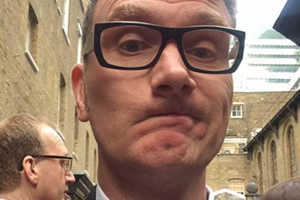
Iain Coyle is a Comedy Commissioner at Dave / UKTV.
"There's stuff I'd like to commission and stuff I'm allowed to commission and that's something people should know. But if I like it, I'll champion it and I'll take it forward."
"When you work for an advert-led channel it's all about bums on seats and it is depression. I didn't realise until I got into TV commissioning how depressing that would be."
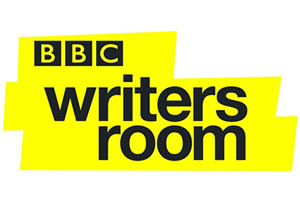
Anne Edyyean is the Head of the BBC Writersroom, the route via which you can get your writing noticed by the BBC.
"Television is a business on a broadcast medium like TV or radio. They don't have to stay with you if they don't want to. If you haven't engaged them for the first 10 minutes (at roughly a page per minute) they're not going to wait for that brilliant twist or gag at the end."
Pro Comedians
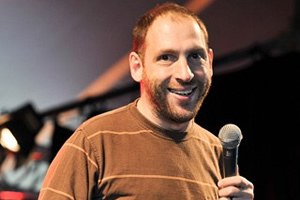
Adam Bloom talks about how to do (almost) everything, from going full time to smashing corporate gigs.
"I'm not ambitious, I'm hard working. There's a profound difference. An ambitious person would get to know the right people and network with them. Jimmy Carr is the most ambitious person I've ever met. Jimmy titles his shows with wording that he wants the reviewers to consider when they're reviewing his show."
"I started doing 20 corporate gigs in a year which earned me 50% of my income. So suddenly I was doing 300 club gigs which was earning me the same amount as 20 corporate gigs."
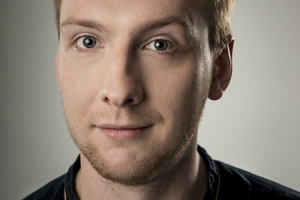
Joe Lycett talked about how to get the right agent, how to promote a show and which comedy competitions are worth entering.
"At the early stages of my career, awards were useful. I always tell newer acts to do the 'new act' awards because, well firstly it's a gig, and usually they're run well and it's such a useful experience to get that stage time... and if you don't do very well in it, nobody really remembers. So it's win-win even if you don't win."
"At my level, TV doesn't pay as much as you'd think and radio definitely doesn't pay as much as people think."
Publications / PR
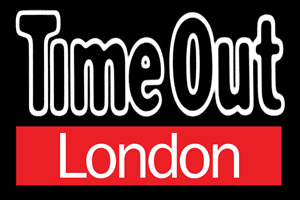
EP 28 - Ben Williams (Time Out)
Ben Williams was, at the time of recording this, the Comedy Editor at Time Out, London.
"Anyone can send me a press release. And if it's from a comedian or performer I've met or seen before I'm much more likely to read it than if it comes in a bunch of five press releases from a PR agency."
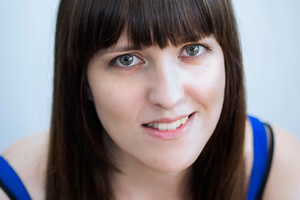
Amee Smith is the Associate Director at Prospero Arts PR. She talked about how to effectively promote a show, a tour or Edinburgh run.
"PRs only work to get journalists down to your show, not agents or producers. I think it's important to manage expectations on this."
"We budget Edinburgh so we can cover costs. It's the things we do the rest of the year which come from the relationships at the Edinburgh Fringe which make it worthwhile."
Online Content and Social Media
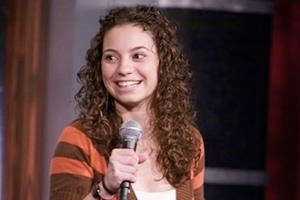
Liz Miele talks about how to go viral and build an online fan base.
"If you don't ask people to do something, they won't do it. So I always say 'please subscribe' on YouTube clips. Because although people might like what you do, this extra mile they just don't think of doing it."
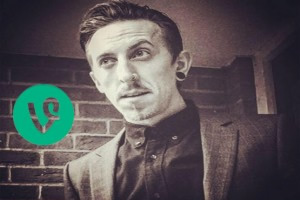
EP 44 - Joe Charman (Online star)
Joe Charman, aka The Skills Guy, talks about how to build your online fan base.
"I tried to put some YouTube videos up and did a bit of tweeting but quickly found that it was pretty saturated and full. And Vine came along and no one was on it. So I joined because it felt like a new place that you could build a following where there weren't famous people already."
"When Dapper got given a full UK tour, which he sold out, he got a lot of backlash from comedians who thought they'd earned it more. Or put in the hours. And then when I got the tour support I did feel like people thought I was only getting it because I was his mate and hadn't earned it."
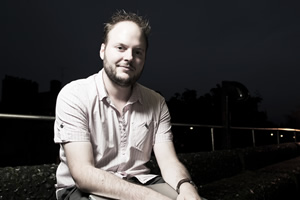
Ben Walker gave an insight behind the scenes on award-winning podcasts.
"A BBC Radio 4 show has a budget of around £11,000... we have nowhere near that for the podcasts. But we don't need it."
"You can just make a show and put it online without asking permission from anyone. The gaping difference between that and traditional TV is, with one you get paid, and with the other you don't necessarily get paid."
Writing and getting published

EP 37 - Jessie Botterill (Agent)
Jessie Botterill is a Literary Agent at Janklow & Nesbit.
"Having a strong social media following can really help a pitch for a book because it shows us that you've gone out there and found a bit of an audience and that you can write."
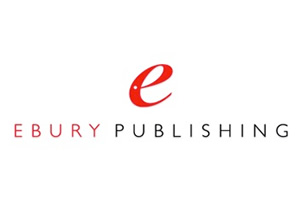
EP 36 - Sara Cywinski (Publisher)
Sara Cywinski talks about how to get your comedy / humour book noticed, sold and published by eBury Random House.
"We keep eyes open for things that are trending or exciting online and if I think it can be a great book I'll go after it."
"If you have a story to tell then I think you should go for it and self-publish. There's loads of books which have done well in self-publishing and have gone on to be offered a bigger deal to help it reach a wider market."
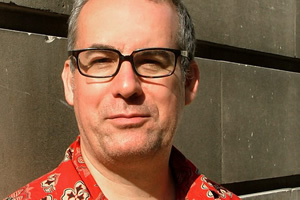
EP 05 - David Quantick (Writer)
David Quantick is a TV and radio writer whose work includes The Day Today, Brass Eye, Spitting Image and various books.
"Having an agent is a bit like having an iPad, you don't need one but they're jolly handy."
"BBC producers get paid if they make a programme or not. Independent producers have a vested interest in making your show."
Agents and Management
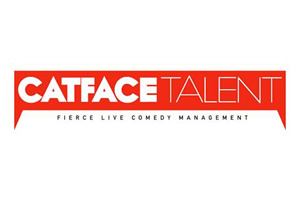
EP 26 - Charlotte Austin (Agent)
Charlotte Austin is an agent and co-founder at CatFace Talent.
"I want my acts to look at their calendars and it'll be full. I even sort their open mics and unpaid work. All they should be doing is writing and gigging. If I've done my job right, everything else should have been sorted out for them."
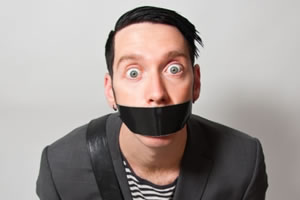
EP 41 - The Boy With Tape On His Face
Sam Wills - aka The Boy With Tape On His Face - is an award-winning act.
"People think getting an agent means you do less work... but the reality is since getting an agent I have done more work at my desk than ever before. It's a double edged sword: you get an agent who gets you more work, so you have to do more work."
To listen to all 50+ episodes of the podcast visit the Ask The Industry podcast website
This article is provided for free as part of BCG Pro.
Subscribe now for exclusive features, insight, learning materials, opportunities and other tools for the British comedy industry.

